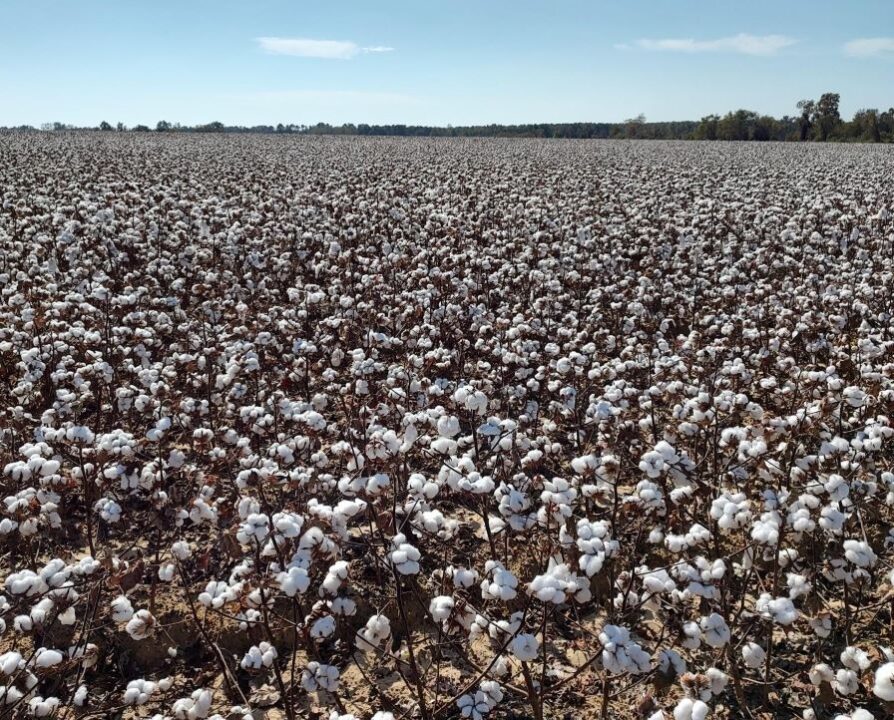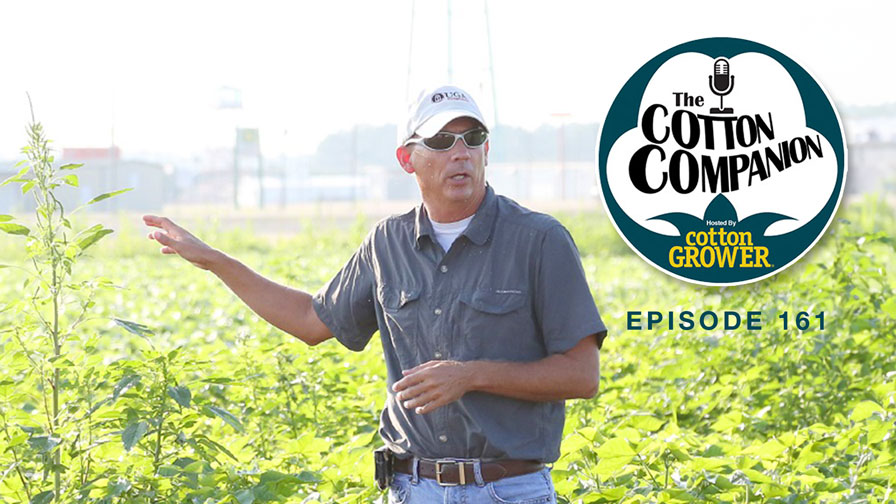India Caps Cotton Yarn Exports at Highest Limit in Three Years
Dr. Seshadri Ramkumar
Texas Tech University
The Indian Government recently capped cotton yarn exports, limiting it to 720,000 metric tons (MT).
The Indian textile sector contributes 4 percent to the Indian GDP. The past few months have been highly politically charged with regard to the Indian cotton and cotton textiles scenario. Every segment of the textile industry has been trying its level best to protect its raw material supply. These include the spinners, power loom weavers, handloom weavers, dyeing and finishing units. Earlier the government capped raw cotton exports to 5.5 million bales (170 kg each).
The Government of India has limited cotton yarn exports to 720,000 MT in order to protect the interest of weavers. Regulating the exports of cotton and cotton yarns has been a subject of contention and debate every year. In September, India constituted a Cotton Yarn Advisory Board, which is charged to come-up with a cotton yarn balance sheet for the country. So far, this board has had two sittings which resulted in the cotton yarn balance sheet for the country for 2010/11. According to the board, for the financial year 2010/11 (April to March), India will produce 3.46 million MT of cotton yarn. The domestic demand will be 2.656 million MT. Allowable export will be 720,000 MT. This exportable limit is the highest in three years, according to a notification from the Office of the Textile Commissioner, Government of India.
The government launched an online system to register cotton yarn exports on November 20th in Chennai, the capital of the State of Tamil Nadu. Tamil Nadu is the home for 60% of the total spinning mills in India. This state has about 1931 spinning mills. India has around 3200 spinning mills and investments are still continuing in the spinning sector unlike U.S. and other developed nations. The cotton and cotton yarn situation has received highest political attention with the intervention of the Chief Ministers of the State of Tamil Nadu and West Bengal. As the textile industry is a big bread basket for several millions in India and particularly in the southern state of Tamil Nadu, with the election to the state legislature coming in 2011, the textile situation is getting fired up. On December 2nd, the Chief Minister of Tamil Nadu has written to the Prime Minister of India asking him to immediately suspend cotton exports till domestic mills’ requirements are met and to cap cotton yarn exports. He has also asked for an export duty on cotton yarns.
Indian spinners have so far received export contracts for 779,816 MT and have shipped 458,047 MT. Indian spinning mill associations are asking the government to allow the export to fulfill the contract amount received so far. According to export regulation, spinners have 45 days to ship cotton yarns from the date of registration. This means, they will have until mid January 2011, to export the remaining 261,953 MT. This will lead to the fullest capacity utilization by the spinning mills for the next 45 days and is an uphill challenge according to some industry sources as there will be logistical burdens and problems.








